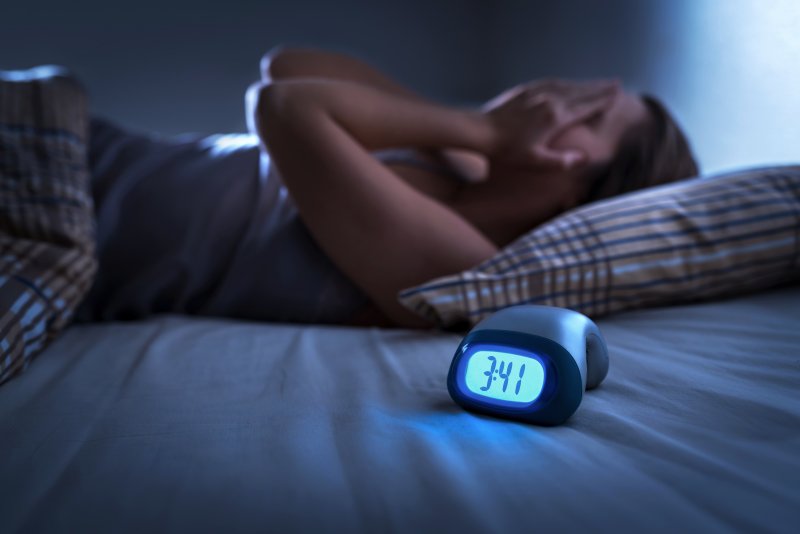
Have you put on a bit of weight this past year? Do you find yourself enjoying maybe one too many glasses of wine before bed? Are you suffering from sinus problems more often than before? So, why are you unable to rest? You might consider how you would answer the questions listed above. If you said “yes,” you have just identified a few of the reasons why you are not resting. Read on to learn more about the causes of sleep apnea and what changes you can make to begin sleeping through the night.
Overweight/Obesity
One of the most common causes of obstructive sleep apnea is excess weight. If you are overweight or obese, the additional fat deposits around your neck and upper airway can lead to a restriction in your throat. Ultimately, it can create a blockage and prevent adequate air from passing through. It is suggested that to improve your overall health and obstructive sleep apnea (OSA), you should lose at least 10% of your body weight. Not only will you feel better, but you will begin to rest easier, too!
Alcohol Consumption
You might enjoy a glass or two of wine each night before you go to bed, but did you know that alcohol works to relax your throat muscles. While this may seem harmless, it makes achieving restful sleep much more difficult. When the muscles in your throat relax due to alcohol consumption, it causes them to collapse and block your airway. Soon, you will find yourself waking sporadically throughout the night gasping for air. To prevent this, it is advised that you limit how much you drink, especially before bed.
Sinus Congestion
No one likes to deal with allergies. Not only do you feel exhausted, but you find yourself battling a runny nose or worse, a sinus cavity that feels as if it is filled with concrete. When congestion occurs, you will begin to notice inflammation in your nasal passages, causing them to narrow. As a result, you will be more likely to snore and experience sleep apnea. Fortunately, as long as you continue treating your allergies with the proper medication and techniques (i.e. humidifier, flushing your sinuses), you will notice a dramatic difference in your ability to sleep soundly.
Narrow Airway
One cause of sleep apnea that you cannot do anything about is a narrow airway. This is often inherited and can significantly increase your risk for OSA. If you also have a large tongue, tonsils, or adenoids, this can create a blockage, leaving you waking your partner throughout the night due to your chronic snoring as well as experiencing increased blood pressure because of the continual waking throughout the night. If possible, talk to your dentist about having your tonsils and adenoids removed. Although it may not completely remedy the solution, it will certainly help to improve it.
Central Sleep Apnea
It may not be OSA that is causing the problem but instead another form that is known as central sleep apnea (CSA). Although rare, CSA typically develops when there is an issue with your brain and its inability to send signals and alert your body to breathe. If you have a family history of Alzheimer’s, Dementia, or even Parkinson’s disease, or if you have experienced some type of trauma such as a stroke, you are at a much higher risk for CSA.
No matter what the cause of your sleep apnea, it is important that you discuss with your doctor what types of treatment are available. Whether you require oral appliance therapy, CPAP treatment, oral surgery, or just a simple lifestyle change, taking the steps to achieve better sleep and overall health will prove beneficial in the long run.
About the Practice
Are you experiencing sleep apnea in DuPont, WA? If so, the team at Dupont Family Dentistry can implement specific treatment to help you identify the cause and get back to resting more soundly at night. As a family-owned and operated practice, and our doctors have been treating patients suffering from sleep apnea for years. Getting restful sleep is crucial to maintaining good overall health, which is why we offer customized oral appliances for patients who find it difficult to use a traditional CPAP machine. To learn how we can help you, contact us at (253) 964-7000.
